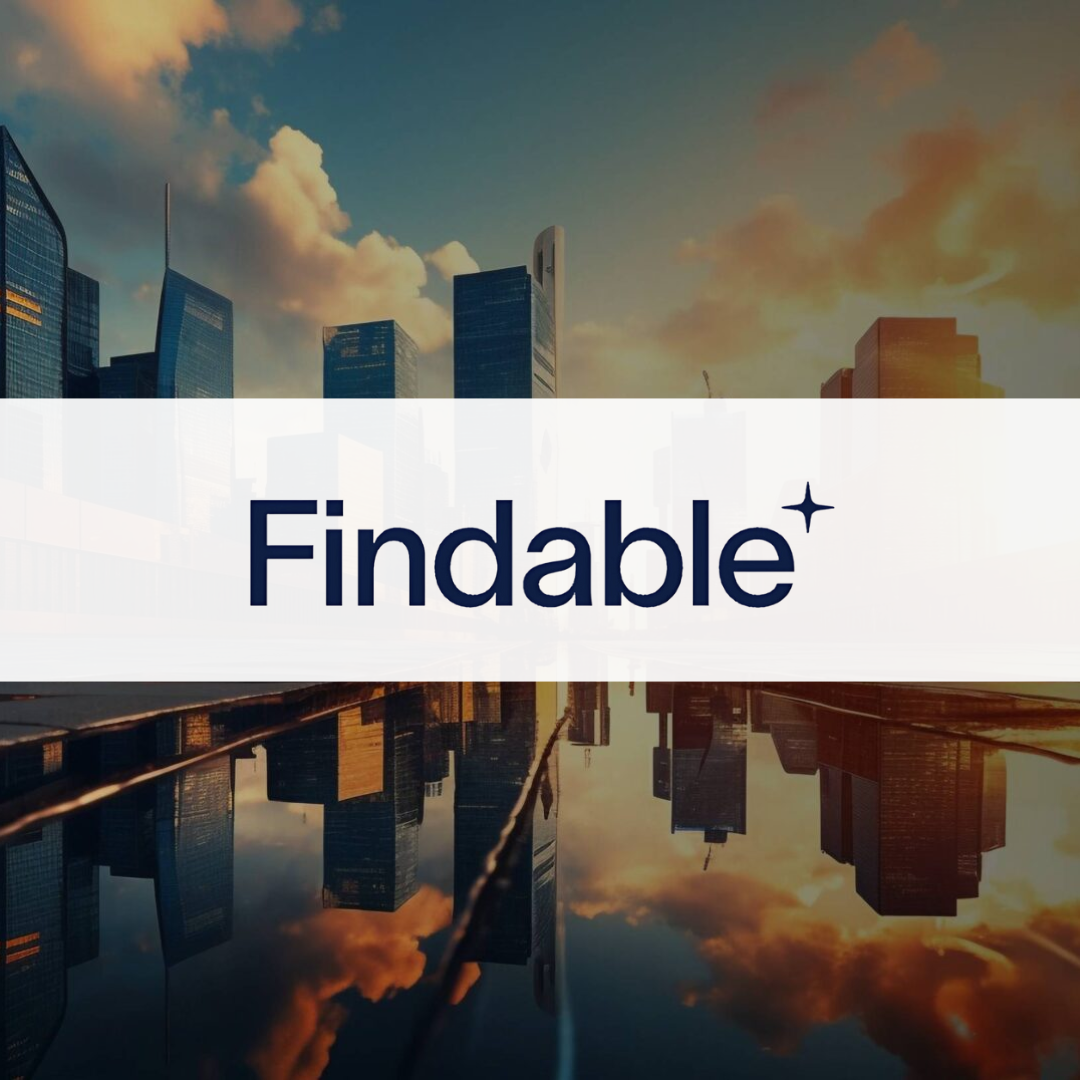
Shared 19 July, 2024
PropTech Connect » News & Insights » News

Rethinking Property Management: How AI is Transforming Maintenance, Documentation, and Compliance
The real estate industry, the world’s largest asset class, remains highly regulated yet lags in digitisation. Manual document management is inefficient, costly, and prone to errors, impacting asset value and compliance. In the world of property management, with continuously evolving and stringent regulations, the old adage “time is money” could not be more apt. Today’s property managers juggle multiple responsibilities, from maintenance to compliance, all of which require significant time investments and meticulous attention to detail. However, the advent of artificial intelligence (AI) in property management is rewriting the rules, offering revolutionary solutions that enhance efficiency, reduce costs, and improve compliance. Findable is at the forefront of this transformation, leveraging AI to optimise property management practices across the board.
The Traditional Challenges of Property Management
Traditionally, property management has been labour-intensive and fraught with challenges related to the maintenance and organisation of vast amounts of documentation. Maintenance management often involves a reactive approach, where issues are addressed only after they have arisen, leading to increased costs and downtime. Compliance presents another significant challenge, as staying up-to-date with local and international regulations requires constant vigilance and can lead to hefty fines if not managed properly. The manual processes traditionally used in asset management are also cumbersome, often leading to errors and inefficiencies. Furthermore, the documentation handed over from construction teams to property managers often lacks crucial details, including incomplete records of changes made during construction, specifications, and warranties for installed systems and equipment.
In the UK, the Building Safety Act of 2022 dramatically increased the responsibilities of property management, particularly in the realms of documentation and compliance. Managers are now tasked with maintaining extensive, up-to-date records on building safety, including detailed logs of inspections, maintenance, and resident communications. This intensive documentation must be accessible and regularly updated, reflecting any changes or safety concerns. Furthermore, property managers must ensure all practices comply with stringent new regulations, a process that demands meticulous attention to detail and constant vigilance. The increased administrative burden necessitates substantial time investment and can lead to higher operational costs.
AI-Driven Solutions for Modern Property Management
AI offers a transformative approach to these traditional challenges, replacing laborious manual processes with streamlined, efficient, and accurate systems. AI can automate the management of compliance documentation, ensuring that all records of inspections, maintenance, and drills are readily accessible and up-to-date. This automation helps property managers stay ahead of the latest fire safety regulations and compliance protocols, reducing the risk of fines and enhancing overall safety.
Additionally, AI provides instant access to a centralised database of all property documentation, which accelerates diagnostics and repair processes. This immediate availability of information renders traditional manual searches through documentation obsolete, allowing property managers to resolve issues quickly and efficiently.
Operational efficiency is dramatically enhanced as AI streamlines documentation processes, reducing the time spent on administrative tasks and lowering labour costs. AI ensures that systems are continuously updated with the latest regulations, making compliance management more transparent and effective. This technology not only helps prevent compliance-related fines but also makes any gaps in compliance clearly visible, safeguarding against potential reductions in shareholder value due to compliance failures.
Moreover, AI facilitates proactive asset management by maintaining comprehensive documentation, which supports regular maintenance and extends the longevity of assets. This reduces capital expenditures associated with asset replacement and repair. Buildings managed with AI-driven systems that maintain detailed and up-to-date safety records are often eligible for lower insurance premiums, easing financial burdens and contributing to overall profitability.
Digitising Building Documentation: A Step Towards Sustainability
Integrating AI into property management also significantly enhances sustainability. By digitising building documentation, property managers can transform static records into dynamic, valuable assets. This digital transformation supports the reuse of materials by providing precise data on their composition and location, enabling more efficient recycling and repurposing efforts. Additionally, it prolongs the lifespan of assets by ensuring that critical maintenance and operational information is readily accessible, reducing the likelihood of premature replacements. Furthermore, digitised documentation facilitates certifications such as LEED or BREEAM, which promote environmentally responsible practices. These improvements collectively lead to significant reductions in resource consumption and greenhouse gas (GHG) emissions, aligning the real estate sector with broader sustainability goals.
The Future of Property Management with AI
The integration of AI into property management is not just an enhancement—it’s a revolution. It promises a future where property managers are no longer bogged down by manual tasks and can focus more on strategic decision-making and enhancing tenant satisfaction. The agility provided by AI enables property managers to quickly adapt to changes in the market or regulations, ensuring continuous operational excellence and compliance.
As we look towards a more technologically integrated future, the role of AI in property management will continue to grow. Organisations that adopt these innovative solutions will not only enjoy reduced costs and improved efficiency but will also set new standards in the management and valuation of real estate. The transformation brought about by AI is not just changing how properties are managed; it’s redefining what it means to be a leader in the real estate industry.
About Findable
At Findable, we envision a future where the real estate industry is fully digitised, compliant, and sustainable, powered by cutting-edge AI technology. We aim to revolutionise the way building documentation is managed, making it effortlessly accessible, organised, and precise. Our goal is to eliminate the inefficiencies and risks associated with manual document management systems and paper, ensuring that every asset operates at its highest value and meets all regulatory standards. We strive to lead the digital transformation of the real estate sector, enabling property owners and operators to easily navigate complex regulatory landscapes, achieve their sustainability goals, and optimise their operational efficiency. Through our AI-powered platform, we seek to create a world where building documentation is not a burden but a powerful tool for enhancing asset value, driving compliance, and fostering sustainable practices. Our commitment is to continuously innovate and provide unparalleled precision, ensuring that every piece of information is easily findable, usable, and impactful. We aim to set the standard for automated document management and contribute significantly to global sustainability efforts.
Written with Findable
Join our community of 200,000+ real estate leaders and get weekly insights and updates with our newsletter.









*Offer ends on Friday, 7th February.
